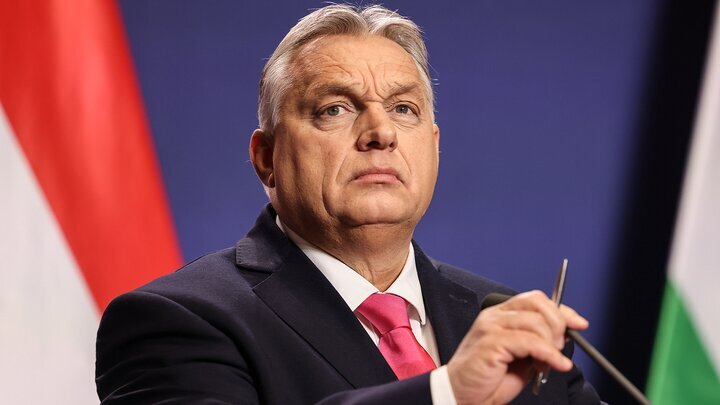Hungary to Exit ICC: Major Shift in International Criminal Court Participation
In a significant diplomatic move, Hungarian Prime Minister Viktor Orban extended an invitation to his Israeli counterpart to visit Budapest. This invitation came just a day after the International Criminal Court (ICC) issued an arrest warrant related to allegations of war crimes in Gaza, where Israel has been accused of launching attacks against the Palestinian population. This situation highlights Hungary’s complex relationship with international law and its obligations as a member of the ICC.
As a founding member of the ICC, Hungary holds a theoretical obligation to arrest and hand over individuals subject to warrants issued by the court. However, Orban has publicly stated that Hungary will not comply with the ICC’s demands, deeming the arrest warrant as “brazen, cynical and completely unacceptable.”
This stance raises important questions about Hungary’s position in the international community and its commitment to judicial accountability. Below are some key points regarding this situation:
- Invitation to Israel: Orban’s invitation to the Israeli Prime Minister is seen as a direct challenge to the ICC’s authority.
- Response to ICC: Orban has openly criticized the ICC, arguing that Hungary should reconsider its participation in organizations that are under US sanctions.
- Diplomatic Relations: His actions may influence Hungary’s diplomatic relations with other countries, particularly those that support the ICC’s mandates.
- International Obligations: As a member of the ICC, Hungary is expected to uphold the court’s decisions, which raises questions about compliance and international law.
Orban’s comments on social media further illustrate his position. In a post on X (formerly Twitter) in February, he remarked, “It’s time for Hungary to review what we’re doing in an international organization that is under US sanctions.” This statement reflects a growing sentiment among some leaders that international organizations are becoming politicized and driven by external influences.
Furthermore, this development is not occurring in isolation. It is part of a broader trend in which several nations are reevaluating their commitments to international bodies amid rising geopolitical tensions. The implications of these choices can significantly affect global cooperation on issues such as human rights and international justice.
In recent years, Hungary has fostered closer ties with Israel, a relationship that has been met with both support and criticism. Supporters argue that this partnership is beneficial for economic and security reasons, while critics contend that it undermines Hungary’s obligations to international law and human rights standards.
As debates continue over the validity of the ICC and its jurisdiction, Hungary’s actions may set a precedent for other nations considering similar paths. The international community is watching closely to see how Orban’s government will navigate the challenges posed by the ICC’s rulings and the broader implications for international law.
In conclusion, the invitation from Prime Minister Viktor Orban to his Israeli counterpart signifies a pivotal moment in Hungary’s diplomatic stance and its relationship with international legal frameworks. As Hungary grapples with its obligations and the consequences of its decisions, the outcome of this situation could have lasting effects on both its domestic policy and its role in the global arena.






